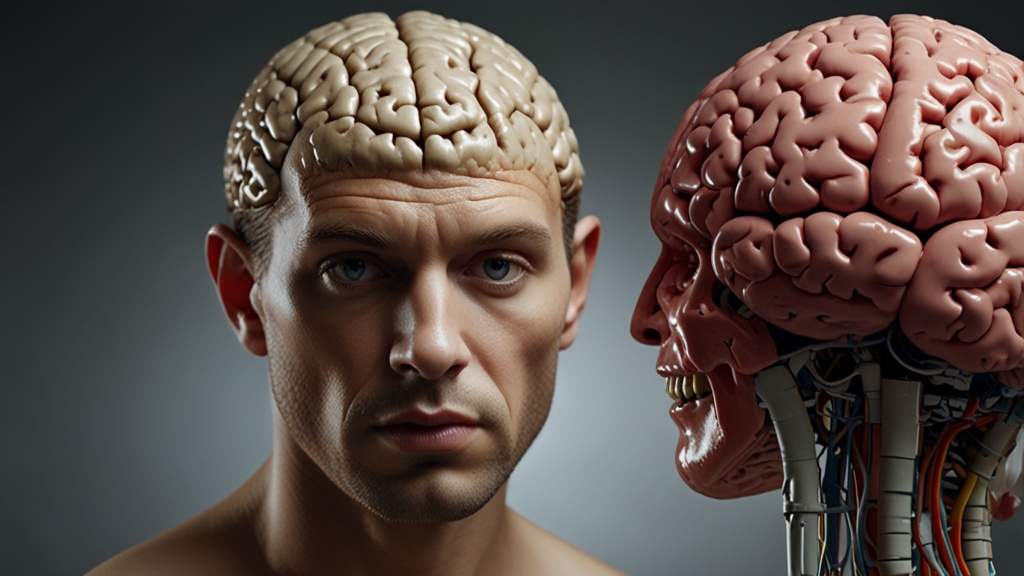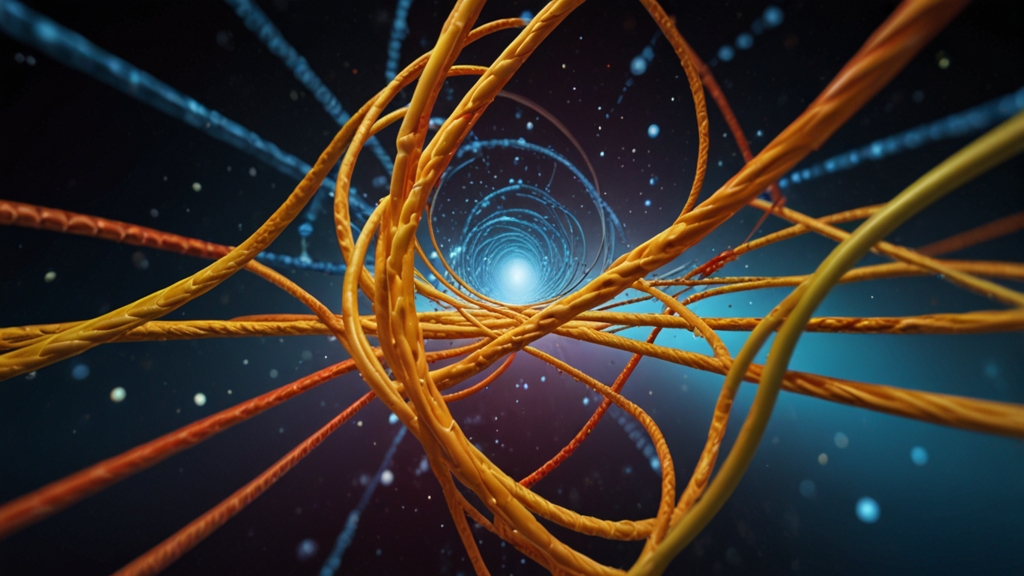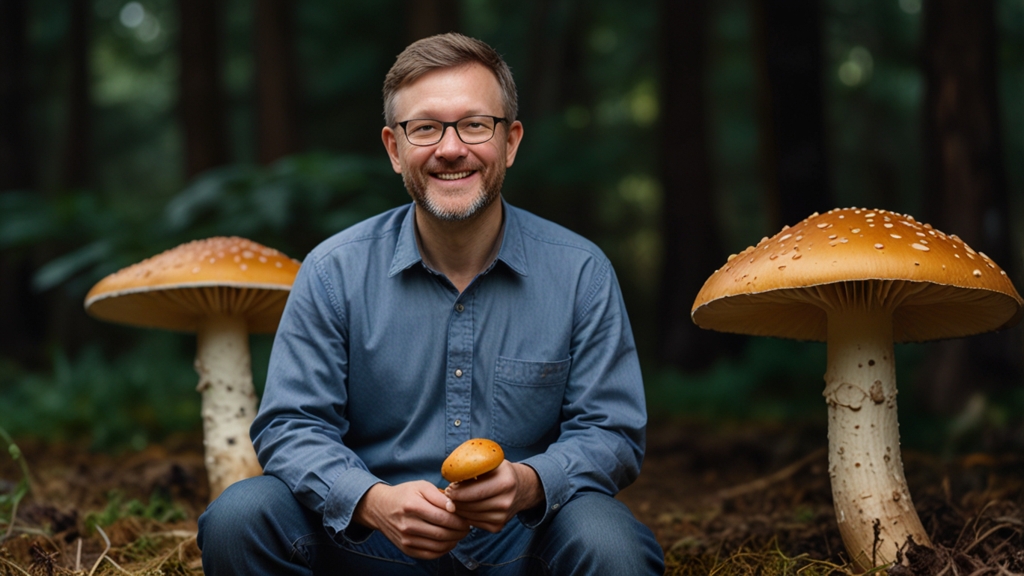Inside the Human Brain: The Epic Battle of Nature vs. Nurture
The question of whether our behaviors, intelligence, and personalities are the products of our genetic makeup or of our environment is one of the oldest debates in psychology. This debate, often framed as "nature vs. nurture," is a dynamic discourse that bridges multiple disciplines, including genetics, psychology, neuroscience, and sociology.
The Roots of the Debate
The term "nature" refers to our genetic or hereditary influences, while "nurture" pertains to the environmental factors that shape our behaviors and experiences. The concept can be traced back to ancient philosophers such as Plato and Aristotle, but it wasn't until the emergence of modern psychology in the late 19th and early 20th centuries that the discussion gained significant empirical traction.
"Give me a dozen healthy infants, well-formed, and my own specified world to bring them up in and I'll guarantee to take any one at random and train him to become any type of specialist I might select—doctor, lawyer, artist, merchant-chief and, yes, even beggar-man and thief, regardless of his talents, penchants, tendencies, abilities, vocations, and race of his ancestors."
The Role of Genetics (Nature)
Our genetic code, which we inherit from our parents, carries instructions that influence various traits ranging from eye color to susceptibility to certain diseases. Advances in genetic research have demonstrated that genes can significantly impact our mental health, intelligence, and temperament. For example, twin studies have shown a high heritability rate for traits such as IQ, indicating that genetics plays a substantial role.
Recent advances in epigenetics have further complicated the picture. These studies show that environmental factors can influence gene expression, meaning that nature and nurture are not mutually exclusive but rather interact intricately.
The Impact of Environment (Nurture)
The rival camp argues that our environment—upbringing, culture, and life experiences—shapes who we are. Proponents of the nurture argument point to the malleability of the human brain. Neuroplasticity, for example, illustrates how our brain adapts and reorganizes itself in response to new learning and experiences.
"Experience is the architect of the brain."
Environmental stimuli can have a profound and lasting impact, often beginning in utero. Factors such as maternal stress, diet, and even pollutants can affect fetal development. Post-birth, the role of parenting, education, peer interaction, and culture continues to shape cognitive abilities and behavioral tendencies.
The Middle Ground
Most modern perspectives acknowledge that both nature and nurture play essential roles in human development. This middle-ground approach, often referred to as "interactionism," holds that our genetic potentials are activated and expressed through our environmental experiences.
For instance, a person might have a genetic predisposition for musical talent, but without exposure to musical instruments or education, that talent may remain latent. Conversely, someone with no particular genetic inclination towards music can become proficient through diligent practice and learning.
Conclusion: A Complex Interplay
In the battle of nature vs. nurture, declaring a definitive victor seems neither possible nor productive. Both genetic and environmental factors intricately weave together to shape the human brain's structure and function. Our understanding of this interplay continues to evolve, thanks to ongoing research in genetics, neurobiology, and psychology. As we delve deeper into the complexities of human development, we may better appreciate the marvel that is the human brain and the myriad influences that sculpt it.







